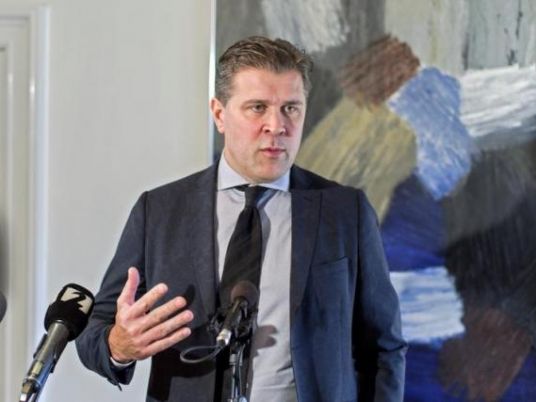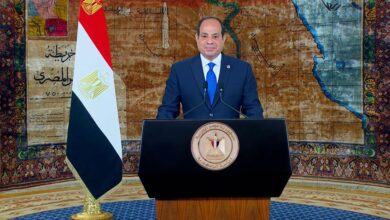
Iceland's center-right Independence, Reform and Bright Future parties agreed on Tuesday to form a coalition government after a two-month impasse and said they would ask parliament whether to hold a referendum on joining the European Union.
As Iceland prepares to lift remaining capital controls imposed after the 2008 financial crisis led to the collapse of its banks, the government also said it would study a possible new currency regime which could include pegging the crown.
The three coalition parties together hold 32 of the 63 seats in parliament, just enough to form a majority government.
Bjarni Benediktsson, leader of the Independence Party, which won 21 seats in the Oct. 29 election that saw support rise for the anti-establishment Pirate Party, will be prime minister while Reform's Benedikt Johannesson will be finance minister.
The government will give parliament a vote on whether to hold a referendum on restarting EU membership talks.
The Independence Party, which was part of every government between 1980 and 2009 and has been in power since 2013, opposes joining the EU while Reform and Bright Future both favor it.
"We agree that it would be best that such a matter is dealt with in parliament," Benediktsson said.
Initial soundings from party representatives suggested Icelandic lawmakers would say yes to a referendum, although an opinion poll in December showed a majority of Icelanders were opposed to joining the EU.
The survey by research institute Market and Media Research showed 53 percent of respondents were against EU membership while 26 percent were in favor. Previous polls have also shown a majority against joining the bloc.
The three parties said monetary and currency policy would be reviewed based on a central bank report in 2012 which examined ways to implement the inflation target and options for managing the crown, which plunged in value after the banking system crash.
"Efforts will be made to decrease the high level of fluctuations in the exchange rate of the Icelandic krona," the parties said in a statement.
Economists have suggested that Iceland should link the crown to a more stable currency to protect against future crises.
Worries that a renewed currency collapse could jeopardize the country's economic recovery have hampered efforts to finally remove the post-crisis capital controls.
"One of the government's priority objectives is to continue purposefully with the furthering of the program for the lifting of capital controls," the parties said.




